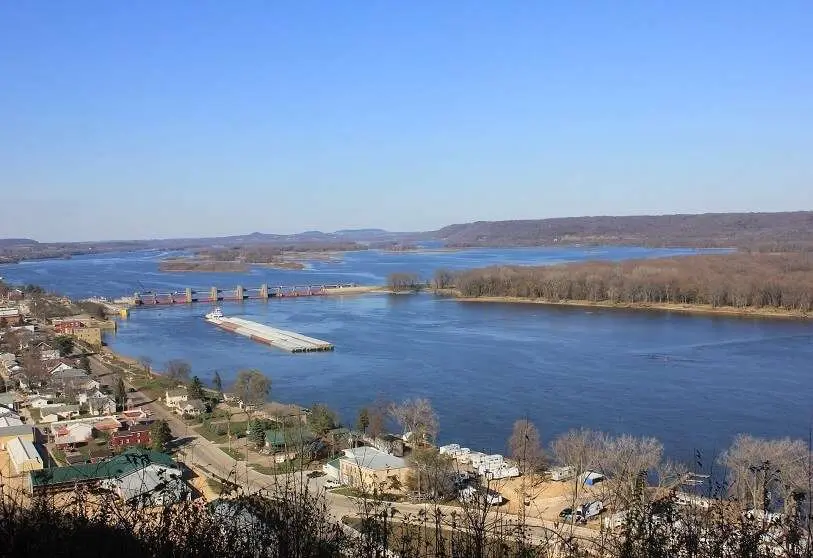Jackson under the burden of thirst

The inhabitants of Jackson, the capital of the US state of Mississippi, are fleeing the city en masse, driven by thirst. Fleets of trucks loaded with bottles of bottled water are arriving in a desperate but insufficient attempt to provide the 18,400 inhabitants with a drink, but not even close to covering other basic needs such as taking a shower. Every day, more and more residents are leaving their homes in search of new ones in nearby towns.
Drinking water supplies have been inadequate in Jackson for some time now, and a series of breakdowns in the purification and distribution machines have left the taps of the homes inert. All the efforts of authorities and technicians to restore the service have been slow, if not useless. The small amount of water that sometimes reaches homes is dirty and unusable even for washing hands.
It is paradoxical that the capital, with one of the largest rivers in the world, suffers from a lack of water, although never with the current severity. Neighbours complain to the government whose services are equally affected by the lack of water. Only the alternative of bottled water, which has to be bought and is expensive, allows for drinking and basic hygiene needs for children and especially babies.
One angry resident complained to The Washington Post about spending $200 a month on bottled water. "This is unbearable," complained another. The state's own governor, Tate Reeves, called the situation alarming for public health. People blame the administration for neglect. Already a year ago, the city suffered a problem that forced restrictions and emergency measures for a month.
The prospects for a solution to the problem are not encouraging. Technicians and workers are working around the clock to fix the flaws in a very old wastewater treatment system that is difficult to adapt to the needs. In a message that tries to be reassuring, it is announced that next week it will probably be possible to provisionally start up one of the distribution pumps, which will partially alleviate the problem.

